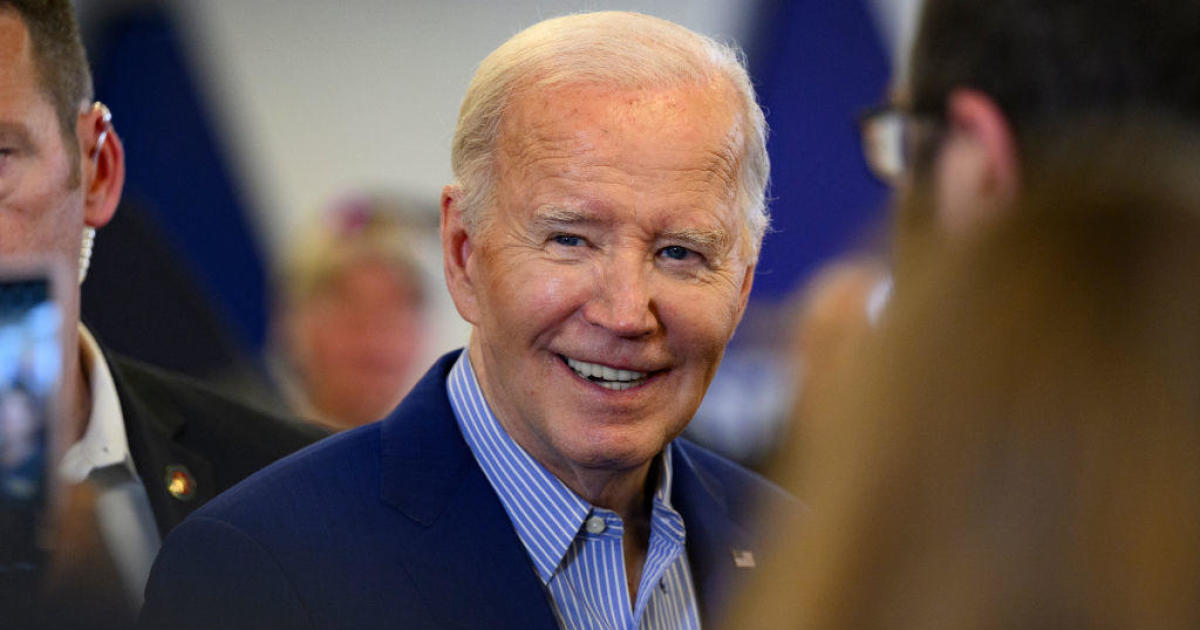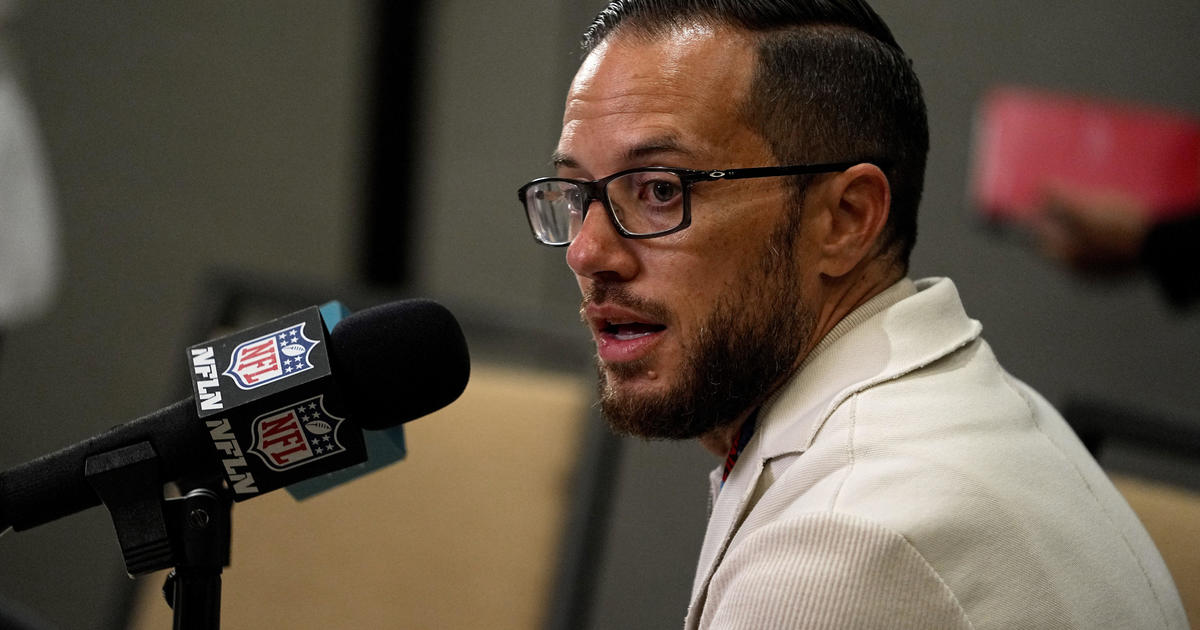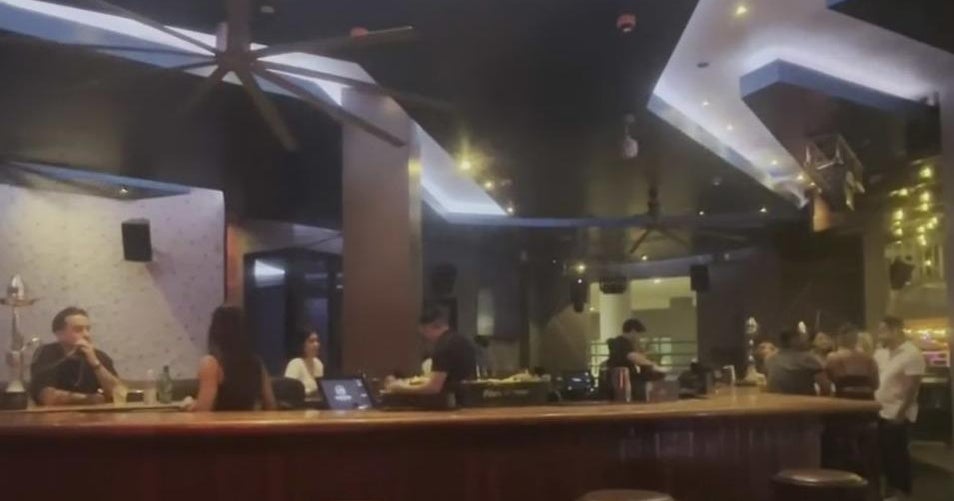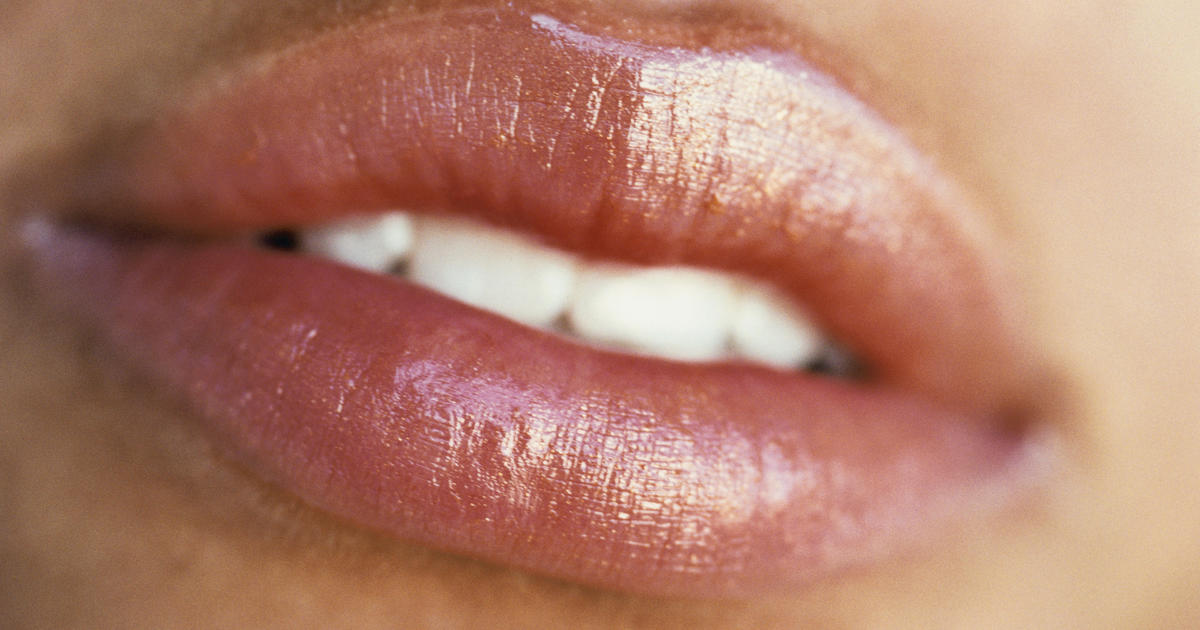Guests Drawing The Partisan Spotlight At State Of The Union
Follow CBSMIAMI.COM: Facebook | Twitter
WASHINGTON (AP) — To see the other stars of the State of the Union Tuesday night, you have to look up — way up, to the visitors' gallery circling the room above President Barack Obama's head.
Lawmakers, no longer content to be a formal — and sometimes hostile — backdrop to the president's big speech, have found a way to grab more attention by loading the House gallery with guests chosen to embody various political points.
Presidents, of course, have been using their guests this way since Ronald Reagan.
But this year's noticeable increase in lawmakers embracing the tactic added to the partisan mood surrounding Obama's first State of the Union address to a Congress where Republicans control both houses.
Mixed among the family members and hometown heroes lined up to go through metal detectors Tuesday night, holding golden-edged tickets with their assigned seats, were visitors chosen to make a point about immigration law,Cuba policy or voting rights.
The White House's guests pointedly included Ana Zamora of Dallas, a college student brought to the U.S. illegally as a child who can stay under Obama's executive actions on deportation — an Obama policy congressional Republicans are trying to overturn. That prompted Rep. Steve King, R-Iowa, to fire off a tweet criticizing Obama for "inviting a deportable to sit in place of honor" with first lady Michelle Obama.
Hoping for at least one nonpartisan moment of unity on the floor, some lawmakers, led by Democratic Rep. Gwen Moore of Wisconsin, were asking Congress members to hold up pencils in support of freedom of speech and in solidarity with the French after the terrorist attacks on the satirical magazine Charlie Hebdo.
In the gallery, the White House showcased Obama's move to restore diplomatic relations with Cuba by inviting Alan Gross, an American released last month after five years imprisoned in Cuba, to sit just behind the first lady.
Republicans countered by bringing Cuban democracy activists bitterly opposed to lifting Cold War-era isolation ofCuba.
"Engagement with (President Raul) Castro only strengthens the Castro regime and weakens Cuba morally," one of those guests, Jorge Luis Perez, known as "Antunez," told reporters before Obama's speech. Perez, who was jailed for 17 years in Cuba, was a guest of House Speaker John Boehner.
Sen. Marco Rubio, R-Fla., invited an activist who believes her father, Oswaldo Paya, was killed in a rigged car accident by Cuban government officials because of his years of gathering signatures on a petition seeking free elections.
Rubio said he hoped Rosa Maria Paya's presence in the gallery would remind Obama that "her father's murderers have not been brought to justice, and that the U.S. is now, in fact, sitting at the table with them."
Gross, who was imprisoned while working in Cuba as a government subcontractor, and his wife, Judy, were among 22 guests invited by the Obamas.
Others include astronaut Scott Kelly of Houston, slated to follow his twin brother, retired astronaut Mark Kelly, into space in March.
And there's 13-year-old Malik Bryant of Chicago. He came to Obama's attention after writing a letter to Santa through a charity that gets Christmas gifts for students in poor and violent neighborhoods. Bryant's request: "I just wanna be safe."
Democratic lawmakers' guests included a 103-year-old voting rights activist, Amelia Boynton Robinson, who was beaten while marching outside Selma, Alabama, in 1965. She was invited by Rep. Terri Sewell, D-Ala.
Sen. Kirsten Gillibrand, D-N.Y., brought Emma Sulkowicz, a Columbia University student who has raised awareness about sexual assault by carrying a mattress around campus.
(© Copyright 2015 The Associated Press. All Rights Reserved. This material may not be published, broadcast, rewritten or redistributed.)



